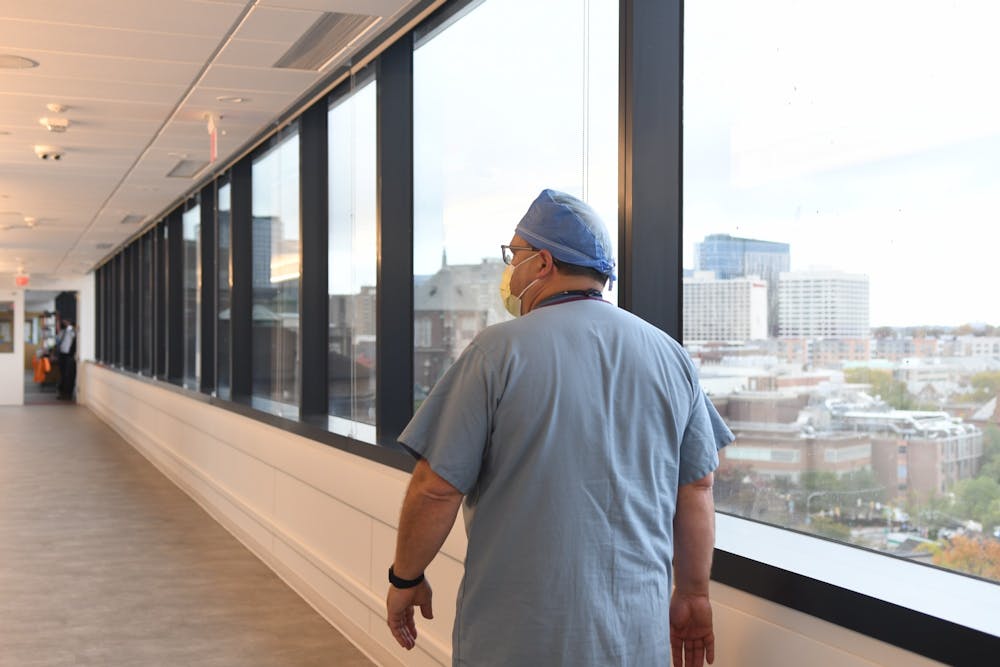Capacity in inpatient psychiatric units in Philadelphia has become even more limited as a result of the COVID-19 pandemic, putting stress on hospitals and providers.
An October 2021 survey by The National Council for Mental Wellbeing found that 78% of organizations experienced increased demand for behavioral health services in the three months prior. The demand has not been met with a sufficient supply of services, due to both staffing and infrastructure issues, The Philadelphia Inquirer reported.
Increasing the number of beds can be a time-consuming and costly endeavor, and Medicaid reimbursements are often not high enough to incentivize hospitals to grow their capacity, the Inquirer reported. Another facet of the issue is the challenge of hiring qualified staff, according to the 2021 survey, which reported that 97% of organizations reported staffing problems.
One complicating factor is that facilities may refuse patients with certain medical histories that are difficult to manage, resulting in even longer wait times. This also makes the bed shortage difficult to quantify, because different facilities are equipped to take on patients with different medical needs, Jennifer Jordan, the vice president of regulatory advocacy for the Hospital and Healthsystem Association of Pennsylvania told the Inquirer.
Philadelphia facilities such as Main Line Health have begun to provide behavioral health treatment in the emergency department to address the problem. Jefferson Abington Hospital modified some emergency department rooms to make them functional for psychiatric patients waiting for inpatient beds.
“We don’t have endless capacity of those types of rooms. The demand continues to rise,” Gerard Cleary, the chief medical officer of Jefferson Health-Abington told the Inquirer.
While not an immediate fix or a replacement for increasing the number of beds, Jordan told the Inquirer that crisis services, housing aid, and job-placement programs can help lessen the pressure on inpatient facilities. Main Line Health opened a new behavioral health unit on March 1, which will add 20 beds to the hospital’s capacity.









